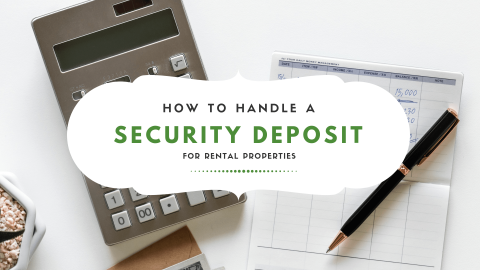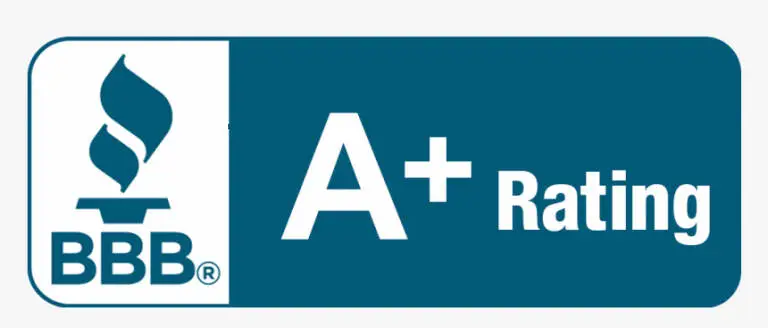Blog
How to Handle a Security Deposit for Rental Properties in Nashville, TN
Lee Blackburn

Unlike other states, Tennessee does not limit the amount that landlords can charge when they’re collecting a security deposit. However, we recommend that you keep it to a reasonable amount. Tenants will likely be unwilling to pay a deposit that’s more than the equivalent of one month’s rent.
There are a few things you need to know when you’re collecting, holding, and returning a tenant’s security deposit.
Keep the Deposit in a Separate Account
When you collect the tenant’s deposit before he or she moves into your Nashville rental property, you need to deposit that money into an account that’s separate from your own bank account. It’s not okay to let your funds mingle with your tenant’s funds.
The bank account you use does not need to earn interest, but it does need to be separate. You’re required to let your tenants know where that deposit is being held, and we recommend you put this in the lease agreement. It covers the requirement that provide documentation to your tenant, and both parties can refer to it if necessary. Omni Property Management maintains a dedicated escrow account for this purpose.
Conducting Property Inspections
Within four days of your tenant moving out of the property, you’ll need to inspect the home and look for signs of damage that might require you to withhold money from the security deposit. Then you’ll need to put together a list of any damage you find. Both you and your tenant will have to sign off on this list, and if you don’t agree on the damage, each of you will need to compile your own list. The tenant will have the right to verify your listing onsite at the property before it can be formally resolved.
You should always do a move-in inspection before your tenant takes possession of the property. This will make it easy to compare the condition at move-in to the condition at move-out. It will help you make decisions about whether the tenant is responsible for any damage. Be sure to take a lot of pictures at each inspection.
Reasons to Withhold the Deposit
Sometimes there is confusion about what you can use the security deposit for. You cannot use it for regular wear and tear. This is the natural deterioration that occurs at a property regardless of who happens to be living in it. Additionally, local jurisdictions may view small nail holes and minor cleaning as normal wear and tear, so be careful about your judgments related to this nuance. However, damage that goes beyond wear and tear can be paid for from the deposit. This might be large holes in the walls, broken appliances, or floors that are scratched or scraped. You can also keep part of the deposit if the tenant owes back rent. Any unpaid rent or utilities bills can be paid for with the deposit, and you can also use that money to cover any other lease violations.
Security Deposit Timing
You’re required to return the deposit to the tenant within 30 days of the tenant moving out. If you want to keep any of the deposit, you’ll need to include an itemized list of what you’re using that money for.
We know that managing your tenant’s security deposit can sometimes seem overwhelming. We’re here to help. Contact us at Omni Realtors and Property Management, and we’ll help you properly and lawfully hold and return your tenant’s security deposit.









